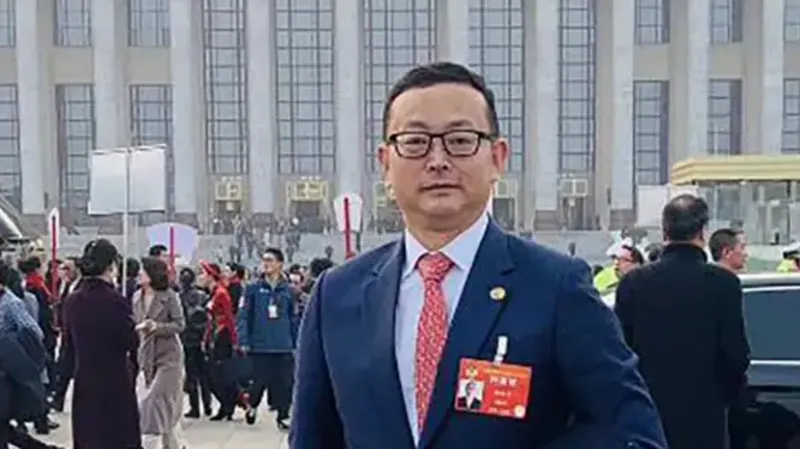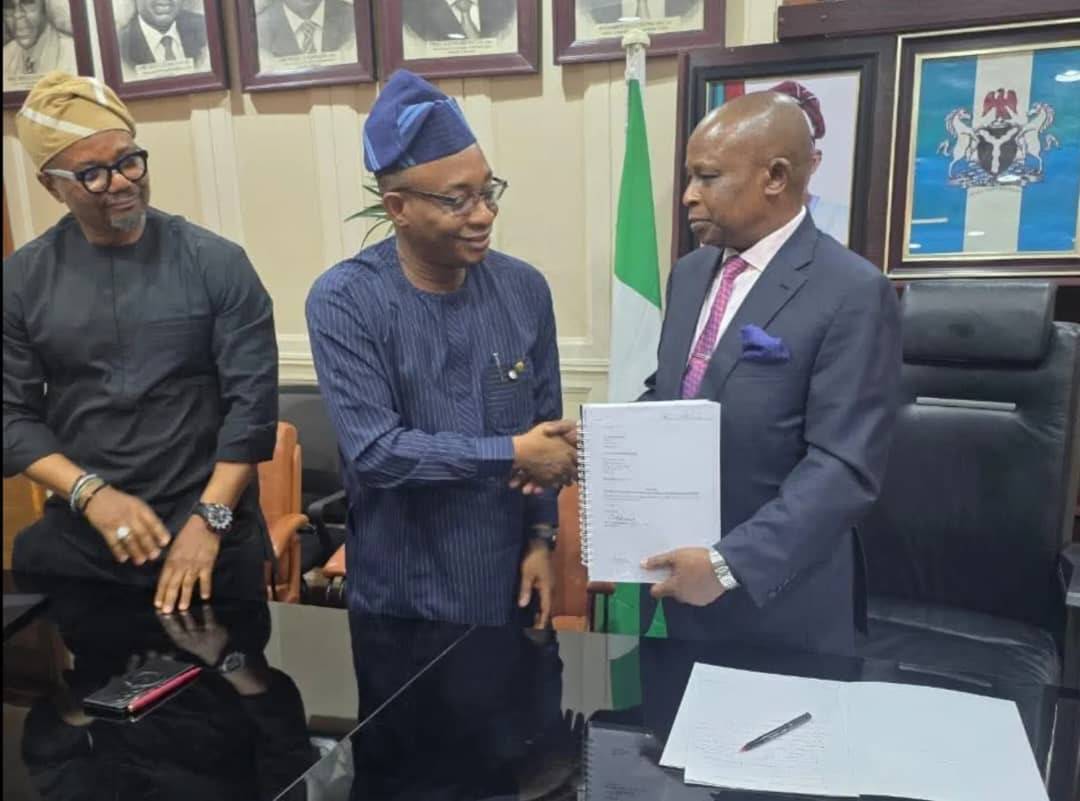Yang Tengbo has been identified as the 50-year-old Chinese businessman and alleged spy banned from the UK.
UK authorities have alleged he formed an “unusual degree of trust” with Prince Andrew and developed relationships with politicians to be “leveraged” by China.
Details of the allegations against Mr Yang came to light last week when a Special Immigration Appeals Tribunal upheld a Home Office order banning him from the UK on national security grounds following a long-running legal battle.
A court order which meant he could previously only be identified as H6 was lifted on Monday.
Mr Yang has said the allegation he is a spy is “entirely untrue” and denied doing anything unlawful.
What do we know about Mr Yang’s life and work?
Yang Tengbo, also known as Chris Yang, was born in China in 1974. He first came to the UK in 2002 and studied in London for a year, before taking a masters degree in public administration and public policy at the University of York.
In 2005 he founded consultancy firm Hampton Group International – one of five companies he has been publicly listed as a director of in the UK.
On 21 May 2013 he was granted indefinite leave to remain in the UK. He told the tribunal that he spent up to two weeks in the UK each month on average prior to the pandemic.
After his anonymity was removed on Monday, he described the UK as his “second home” and said he “would never do anything to harm” it.
What action have UK authorities taken?
On 6 November 2021, Mr Yang was stopped at the UK border for reasons which have not been made public. He surrendered his phone and other digital devices.
In February 2022, he filed a legal claim to stop the UK government from retaining his data – a bid he first won and then lost on appeal.
He was then told UK authorities believed he was associated with the United Front Work Department (UFWD) – the secretive arm of the Chinese government that organises Beijing’s cultural influence operations.
The UFWD has been linked to several cases of alleged Chinese state interference in Western countries and researchers say it often works to try and co-opt legitimate Chinese business and community groups in foreign countries.
A year later in February 2023, Mr Yang was “off-boarded” from a flight to London as he was returning from Beijing. He was told the UK was in the process of making a decision to bar him from the country.
Mr Yang’s lawyers asked for the government to disclose the allegations against him and for an opportunity to make his case.
On 15 March 2023, then Home Secretary Suella Braverman ordered the cancellation of Mr Yang’s residency rights.
She banned him from the UK because it would be “conducive to the public good”.
Mr Yang was informed of this on 23 March 2023 and he launched a legal challenge shortly after.
What was the evidence against Mr Yang?
Some of the evidence which informed the Home Office’s decision to ban Mr Yang was included in a court ruling upholding the decision published last week.
Authorities relied on data found on Mr Yang’s devices when he was stopped in 2021, including documents which UK authorities said indicated a link with the UFWD and other Beijing-linked groups.
UK authorities argued these showed he was “frequently connected to officials connected with the Chinese state”. They also said he had “sometimes deliberately obscured” his links to the Chinese government, the Chinese Communist Party and the UFWD, and alleged there was a “deceptive element” to his account.
The Home Office also argued that even though Mr Yang said he hadn’t received direct orders to interfere with UK interests, “those in his position could be expected to understand UFWD and CCP objectives” and “proactively engage in them without being tasked”.
They also pointed to Mr Yang’s membership of the London-based 48 Group Club, which promotes trade between the UK and China. Security officials argued Mr Yang’s honorary membership could be leveraged for political interference purposes by Beijing.
In a response to the US-funded Radio Free Asia, the 48 Group Club said Mr Yang was never actively involved the running of the group.
While the tribunal ruled there was not an “abundance” of evidence against Mr Yang in some instances, and said there may be an “innocent explanation” in others, it ultimately decided there was “sufficient” material to justify MI5’s conclusion that he posed a security risk.
Mr Yang said he will appeal the ruling.
Andrew will not join royals for Christmas at Sandringham
What is Mr Yang’s link to Prince Andrew?
UK authorities discovered a letter from Dominic Hampshire, a senior adviser to Prince Andrew, who said Mr Yang could act on behalf of the prince in engagements with potential investors in China.
Mr Hampshire also told Mr Yang in a letter: “Outside of [the prince’s] closest internal confidants, you sit at the very top of a tree that many, many people would like to be on.”
It is unclear if this was a true assertion put forward by Mr Hampshire, who has not spoken publicly since being named in the ruling.
But the Home Office assessed this as evidence that Mr Yang was in a position to “generate relationships between prominent UK figures and senior Chinese officials” which “could be leveraged for political interference purposes” by Beijing.
A document listing “main talking points” for a call with Prince Andrew was also found, saying the prince was “in a desperate situation and will grab onto anything.”
Prince Andrew said he “ceased all contact” with Mr Yang after receiving advice from the government, but did not specify when communication stopped. His office said they met “through official channels” and there was “nothing of a sensitive nature ever discussed”.
Mr Yang has strongly denied the allegations against him. In his first submission to the tribunal, he said he had no connections to anyone in politics in China, had never been a member of the Chinese Communist Party and had never carried out activities on its behalf for for the UFWD.
In further submissions, he also said he only had limited links to the Chinese State and that “contact with the UFWD is unavoidable”.
Mr Yang said he had become a victim of a new political climate in which the UK has hardened its views towards China.
“When relations are good, and Chinese investment is sought, I am welcome in the UK. When relations sour, an anti-China stance is taken, and I am excluded,” Mr Yang said.
A Beijing foreign ministry spokesperson said on Monday “it is not worth refuting this kind of unjust hype”, adding to a statement last week which said “some individuals in the UK are always eager to fabricate baseless ‘spy’ stories targeting China”.
BBC












